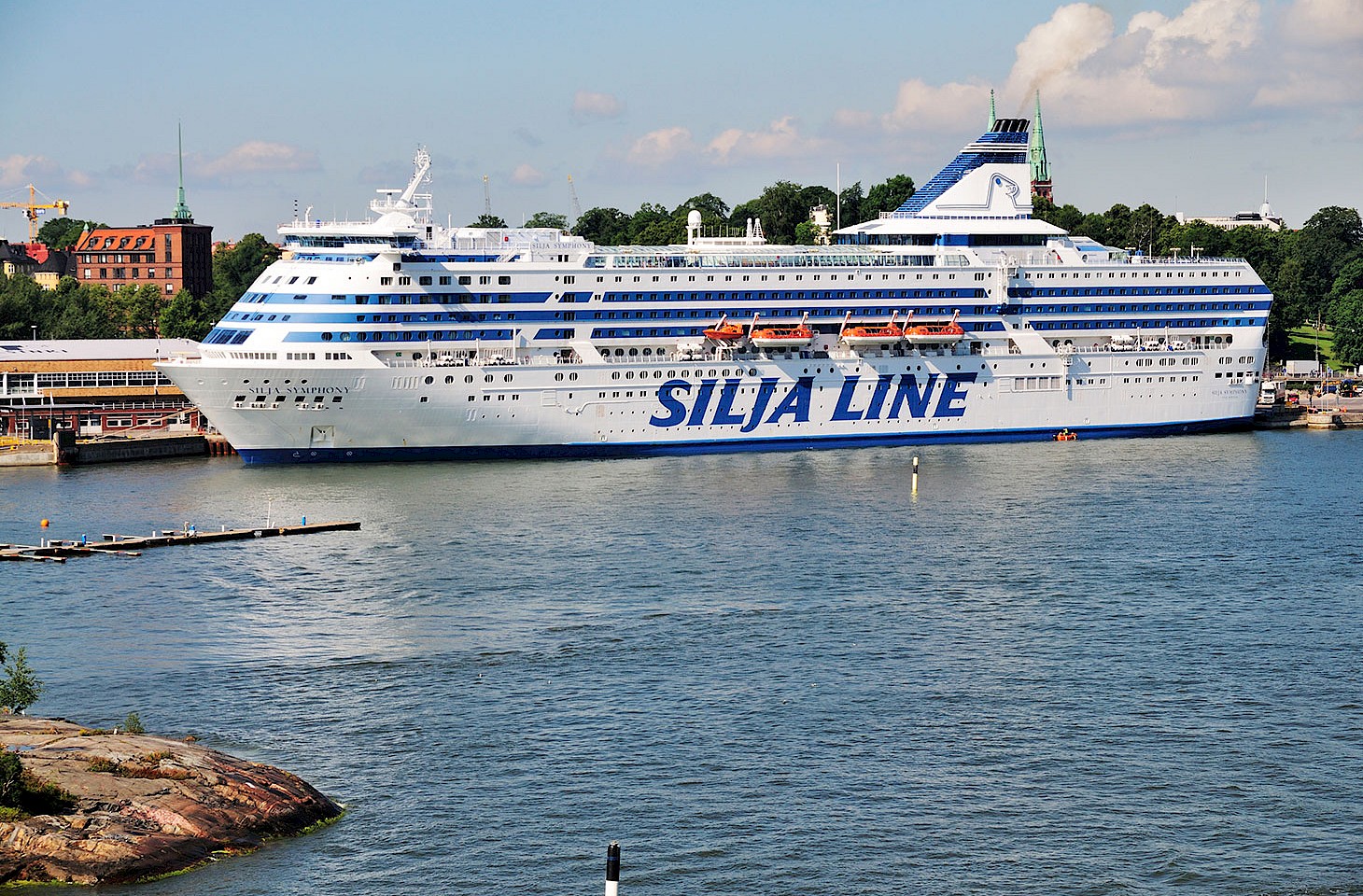Graveyards are often remarkable places. They define very precisely the boundary between life and death. Often romanticised, always macabre, cemeteries have a tenacious grip on the imagination. They capture a heady mixture of emotions that feeds on grief or our curiosity about the deceased. Graves are also powerful cultural artefacts. Whether Cyrillic or Latin script appears on a grave in Estonia, for example, says volumes about which cultural realm the deceased was perceived to inhabit in life. The very shape of the cross - if there is one at all - fills in another piece of the cultural jigsaw.
Displaced graves are especially interesting. Cemeteries tend, on the whole, to assert the values of a local community, but then we chance upon cemeteries of those who died far from home. The English cemetery in Florence seems more England than Italy, and the Russian cemetery at Sainte-Geneviève-des-Bois in Paris' southern suburbs is verily an outpost of Russia. That sense of dislocation is all the greater when we know that the deceased died in a conflict. Europe has thousands of cemeteries for the war dead. Despite the fact that we often know next to nothing of those who are interred in such cemeteries, these burial grounds are important building blocks in Europe's shared history.
There is an exact finality in a grave. This is the very spot where someone famous, someone infamous or someone of whom we may never have heard is laid to rest. Not knowing that spot is often hugely unsettling. Spain is marking the seventieth anniversary of the death of its celebrated poet and playwright, Federico García Lorca, with more exchanges in the perennial argument as to whether it is appropriate to try and pinpoint the specific grave where Lorca is buried. As for so many other Republican sympathisers who were murdered during Spain's blood soaked Civil War, Lorca's exact place of burial is uncertain. Contested claims here, a rumour there, but nothing definite. Some Spanish conservatives would have it stay that way, anxious that if Lorca's grave were identified, it might become a place of pilgrimage for those of more radical political persuasions.



